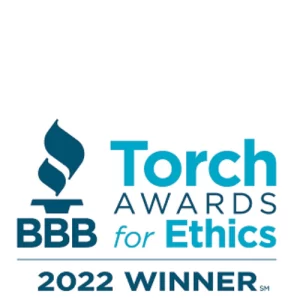FREQUENTLY ASKED QUESTIONS (FAQ)
FAQ'S
The Alaska Sleep Clinic gets asked a lot of questions regarding sleep, so we compiled the most common questions asked along with their corresponding answers below.
The age-old wisdom that we each need eight hours of sleep each night is largely true and routinely confirmed by research. Yet, what matters most is how many hours of quality sleep you get each night. Sleep is intended to be restful and restorative, “resetting” your body’s systems for the day ahead. Some people are able to achieve this with fewer than eight hours of slumber each night, but it’s fewer than you might think. Most people need between seven and nine hours of sleep, and many, many Americans need longer sleep periods than they allow themselves.
At Alaska Sleep Clinic, we never want the cost of health care to prevent you from seeking the diagnostic testing you need. If you have financial questions or concerns, please contact us. We’ll be happy to address your concerns on an individual basis.








